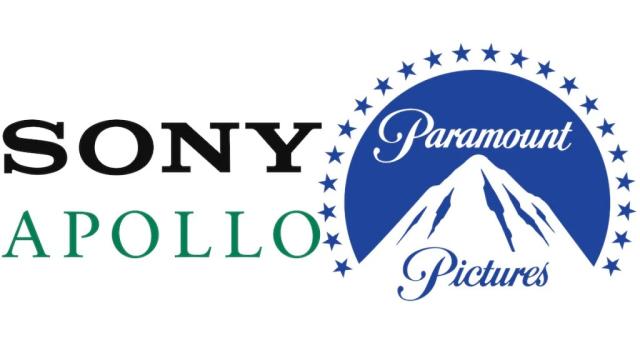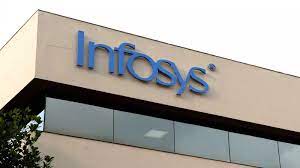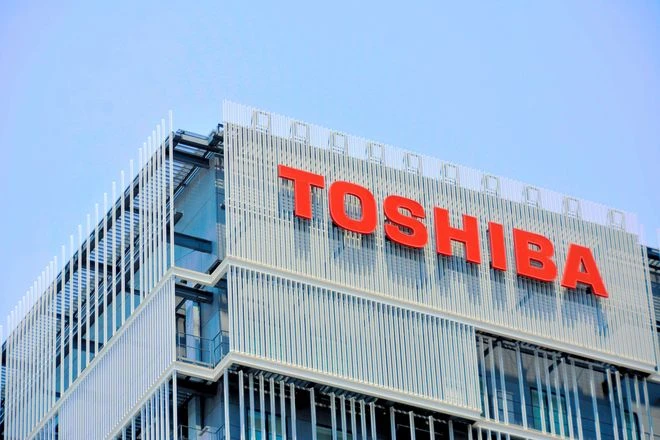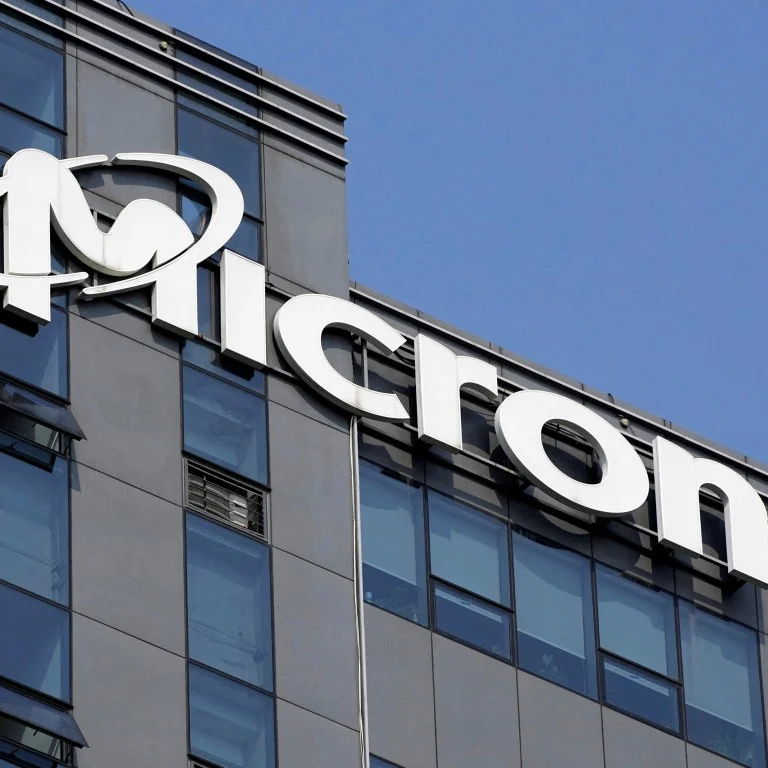Netflix Inc. experienced its strongest beginning to a year since 2020, surpassing expectations by attracting a higher number of new subscribers. This was attributed to a robust lineup of original content and measures taken to address password sharing. According to a statement released on Thursday, the company added 9.33 million customers in the first quarter of 2024, nearly doubling the average analysts’ estimate of 4.84 million. Netflix’s customer growth spanned across global markets, with notable strength observed in the US and Canada.
These new subscriptions contributed to the company exceeding forecasts for both revenue and earnings. Despite the growth, Netflix shares were down 4.6 percent to $582.70 at 6:03 p.m. New York time. They were up 25 percent this year through the close of regular trading Thursday.
Expectations for Netflix’s first quarter had soared in recent days, as one analyst after another published rosy forecasts. In its letter to investors Thursday, the company said subscriber gains will be lower this period, while revenue will increase 16 percent. Netflix also said it will stop reporting paid quarterly membership and revenue per subscriber, starting with the first quarter of 2025. Those metrics have long been the primary way Wall Street evaluated the company’s performance, but Netflix has tried to shift the focus to traditional measures like sales and profit. Management will continue to report major subscriber milestones.
“The movement to no longer disclose quarterly subscriptions from next year will not go down well,” Paolo Pescatore, founder and analyst at PP Foresight, said in an email. “More so given the subscriber growth that the streaming king has seen over the last year.”
Netflix has rebounded from a slowdown in 2021 and 2022 to grow at its fastest rate since the early days of the coronavirus pandemic. That is due in large part to its crackdown on people who were using someone else’s account. The company estimated more than 100 million people were using an account for which they didn’t pay. While executives at Netflix feared a backlash from customers, the company has been able to convince millions of moochers to pay for access.
Those new customers have had plenty to watch. Netflix has delivered a new hit every couple of weeks so far this year, including limited series such as “Fool Me Once” and “Griselda,” the dramas “The Gentleman” and “3 Body Problem,” and the reality show “Love Is Blind.” The streaming service accounts for about 8 percent of TV viewing in the US — and is a leading TV network in most of the world’s major media markets.
“With more than two people per household on average, we have an audience of over half a billion people,” the company said in its letter. “No entertainment company has ever programmed at this scale and with this ambition before.” The recent growth has lifted Netflix shares back toward record highs, giving the company a market value of more than $260 billion. It set an all-time closing high of $691.69 in November 2021.
Some analysts worry that Netflix is once again trading at a valuation that far exceeds the fundamentals of the business. The company delivered sales of $9.33 billion, rising 15 percent and beating estimates of $9.26 billion. Net income grew to $2.33 billion, or $5.28 a share, also above projections. Those figures are below companies with smaller market values, the boost from the crackdown on account sharing is temporary, and Netflix executives have been reluctant to put a firm timetable on when that growth would stop.
Yet even skeptical analysts have been impressed with the company’s recent performance, lifting their price targets for investors. To sustain its growth going forward, Netflix has also introduced a cheaper, advertising-supported version of its service targeting cost-conscious customers. It’s also begun to invest in live programming, including stand-up specials, wrestling, and an upcoming boxing match.
About 40 percent of Netflix’s new customers are selecting the advertising option in markets where it’s available, the company said.


 Opinion2 years ago
Opinion2 years ago
 Fashion7 years ago
Fashion7 years ago
 Entertainment7 years ago
Entertainment7 years ago
 Entertainment7 years ago
Entertainment7 years ago
 Opinion2 years ago
Opinion2 years ago
 Business News2 years ago
Business News2 years ago
 Policy&Politics2 years ago
Policy&Politics2 years ago
 Business News2 years ago
Business News2 years ago




















